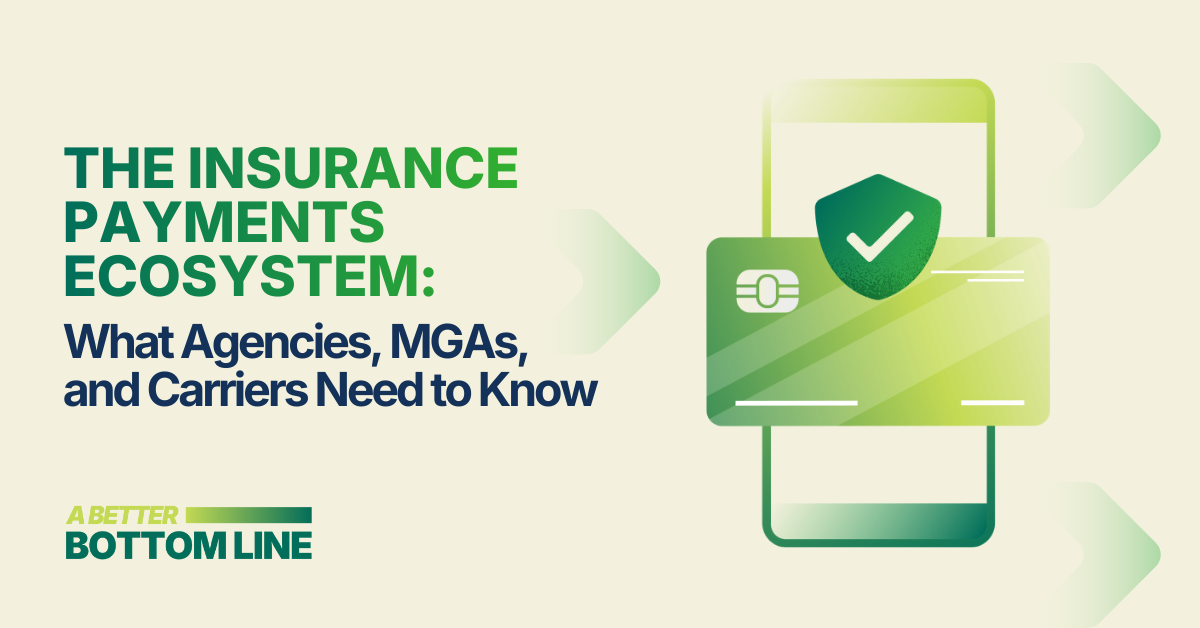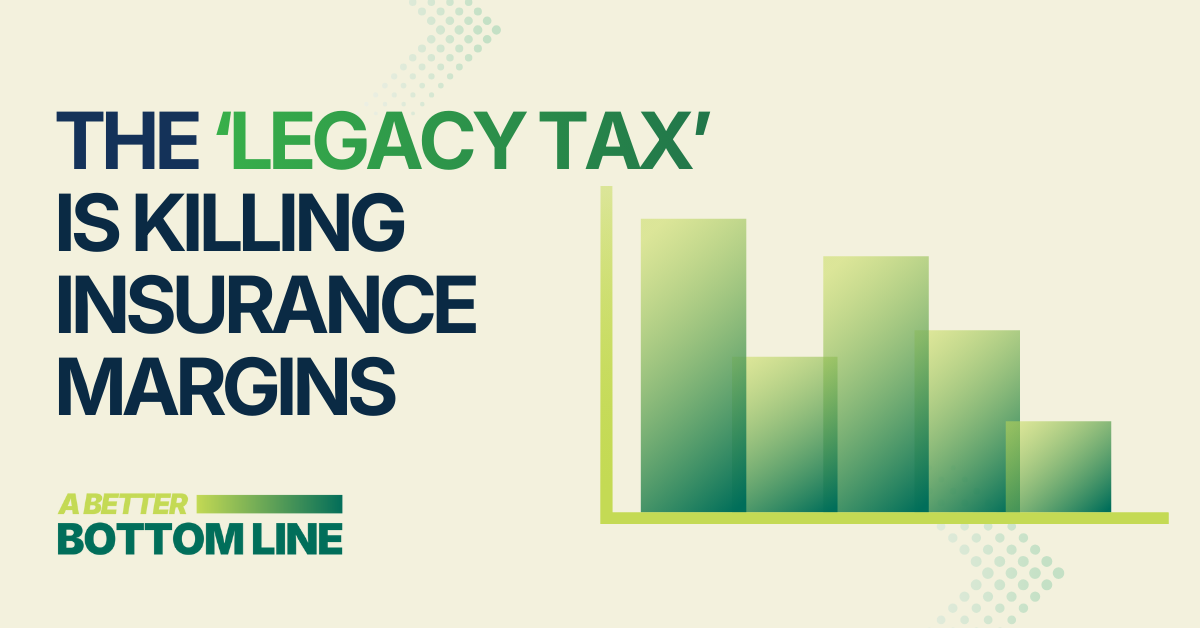The insurance industry is an integral part of the modern economy, providing protection and peace of mind to individuals and businesses alike. With a wide variety of insurance products available, it can be overwhelming to navigate the terminology and concepts associated within the industry. That’s why we’ve put together a glossary of common insurance industry terms. Whether you’re an insurance agent, broker, or policyholder, understanding these terms can help you make informed decisions and ensure that you have the right coverage for your needs.
The terms:
- Policy – A contract between the insurance company and the policyholder that outlines the coverage provided.
- Premium – The amount paid by the policyholder to the insurance company for coverage.
- Deductible – The amount the policyholder must pay out of pocket, in the event of a claim, before the insurance company pays their portion.
- Coverage – The amount of protection provided by an insurance policy.
- Claim – A request for payment made by the policyholder for a covered loss.
- Underwriting – The process by which insurance companies evaluate the risk of insuring an individual or entity.
- Risk – The likelihood of a loss or adverse event occurring.
- Insured – The person or entity covered by an insurance policy.
- Insurer – The insurance company providing coverage.
- Liability – Legal responsibility for something, such as an accident or damage.
- Umbrella policy – An insurance policy that provides additional liability coverage over and above your other insurance policies (protection against your assets if you were to be sued). You can have a personal umbrella policy which covers your home and auto, and then you can have a business umbrella policy which covers your business assets and commercial autos.
- Endorsement – A change or addition to your insurance policy.
- Renewal – The process of continuing coverage under an insurance policy after the initial term has expired.
- Exclusions – Situations or events that are not covered by an insurance policy.
- Inclusions – Situations or events that are covered by an insurance policy.
- Benefit – The amount of money paid out by an insurance company for a covered loss.
- Agent – An individual who sells insurance policies and represents an insurance company.
- Broker – An individual or firm that acts as an intermediary between insurance companies and policyholders (can also be an agent).
- Indemnification – The process by which an insurance company compensates the policyholder for a covered loss.
- Actuary – A professional who uses mathematical models to evaluate the financial risk of insuring individuals or entities.
- Rate – The cost of insurance coverage, often expressed as a monthly or annual premium.
- Underinsured – A condition where the amount of insurance coverage is insufficient to cover the potential loss.
- Overinsured – A condition where the amount of insurance coverage on your policy is more than the potential loss (you are paying for more coverage than you can actually use).
- Cancellation – The termination of an insurance policy before the end of its term.
- Policyholder – The person or entity that holds an insurance policy.
- Subrogation – The process by which an insurance company seeks to recover costs paid out for a covered loss from a third party.
- Adjuster – An individual responsible for evaluating and settling insurance claims.
- Loss ratio – The proportion of premium dollars spent on claims and company expenses, compared to their profits.
- Insurance Fraud – Deception committed in order to obtain payment from an insurance company for a covered loss that did not actually occur.
- Solvency – The financial stability and ability of an insurance company to pay claims and meet its obligations.
We hope this glossary is a helpful resource for those within this industry. Understanding these terms can help you communicate more effectively with clients, evaluate risk and coverage options, and navigate the complex landscape of insurance products. As the insurance industry continues to evolve and adapt to changing market conditions, it’s more important than ever to stay informed and up-to-date on the latest trends and developments. By staying informed and knowledgeable, you can ensure that you’re providing the best possible service to your clients and protecting their interests for years to come.
- Maddie Andras








